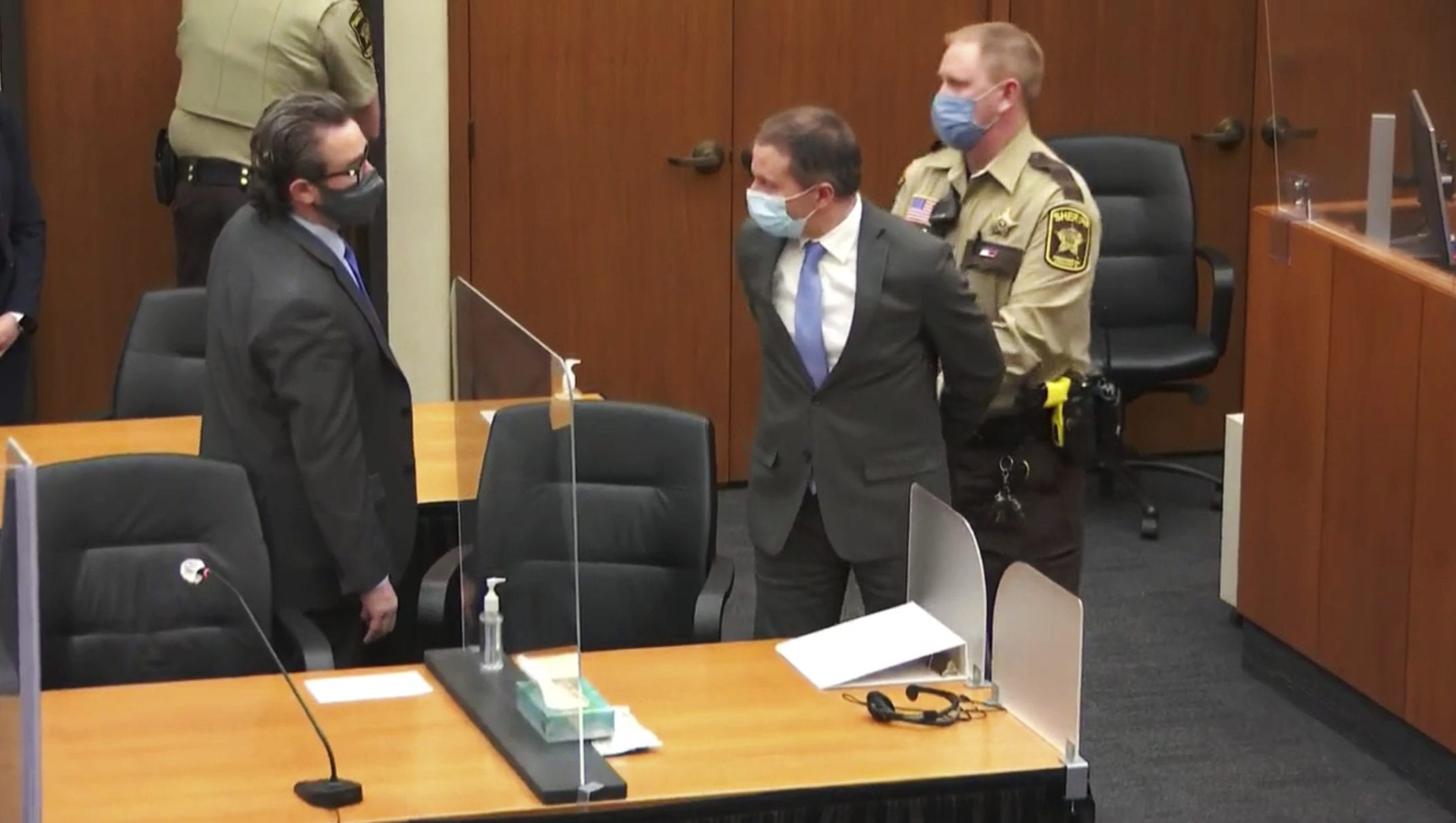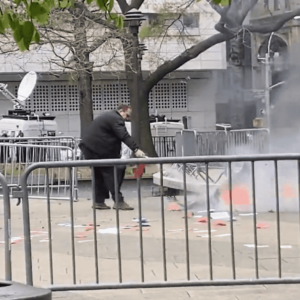Former Minneapolis police officer Derek Chauvin was convicted Tuesday on all three counts that were filed against him in the death of George Floyd last May.
The jury deliberated for less than a day in making their decision to find him guilty of second-degree unintentional murder, third-degree murder and second-degree manslaughter.
As of late Tuesday afternoon, there was calm and peace in the Twin Cities of Minneapolis and St. Paul, which had been on edge waiting for the jury’s verdict.
Schools and sports activities were cancelled, and businesses throughout downtown Minneapolis and the Uptown area of Minneapolis were shut down and completely boarded up, in anticipation of the riots that would have certainly followed if there was not a guilty verdict.
Floyd’s family attorney released a prepared statement that said “Painfully earned justice has arrived for George Floyd’s family and the community here in Minneapolis, but today’s verdict goes far beyond this city and has significant implications for the country and even the world. Justice for Black America is justice for all of America.”
The jurors had to decide between the claims the prosecution made that excessive force was used by Chauvin, or the defense’s version of the events that Chauvin was following his training when he arrested Floyd, who was unruly at the time, and died of cardiac arrest from drugs in his system.
What’s next for Chauvin? Second-degree unintentional murder is punishable by up to 40 years in prison. The third-degree conviction can get another 25 years, but in Minnesota, sentencing guidelines will make him only have to serve identical presumptive sentences of up to 12.5 years.
Chauvin will face the maximum penalty for the most severe charge, The judge have to decide if there are aggravating factors, including that the death occurred in front of a child. The guidelines also look at such things as whether he has a prior record, which he doesn’t.


















Add comment